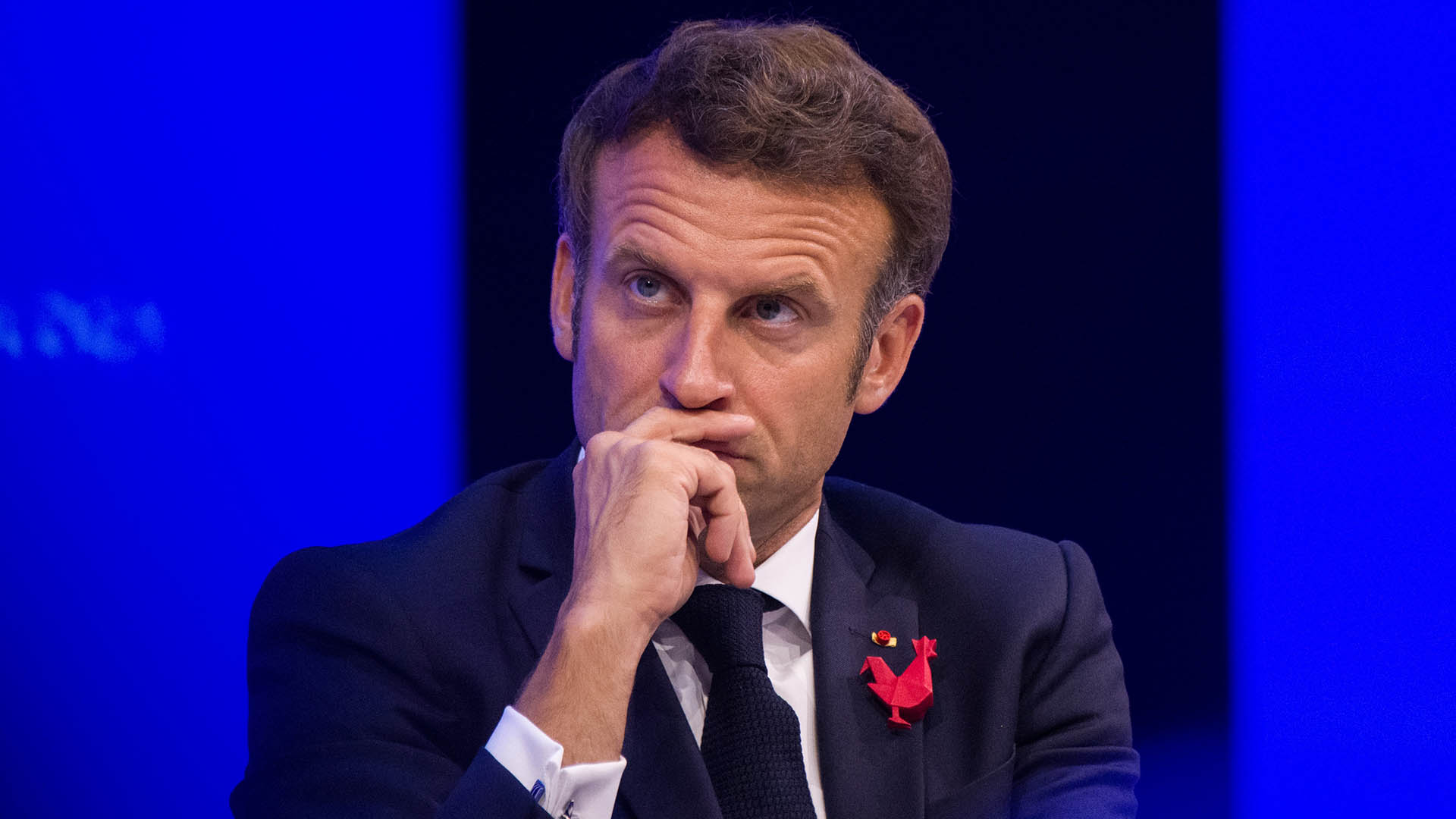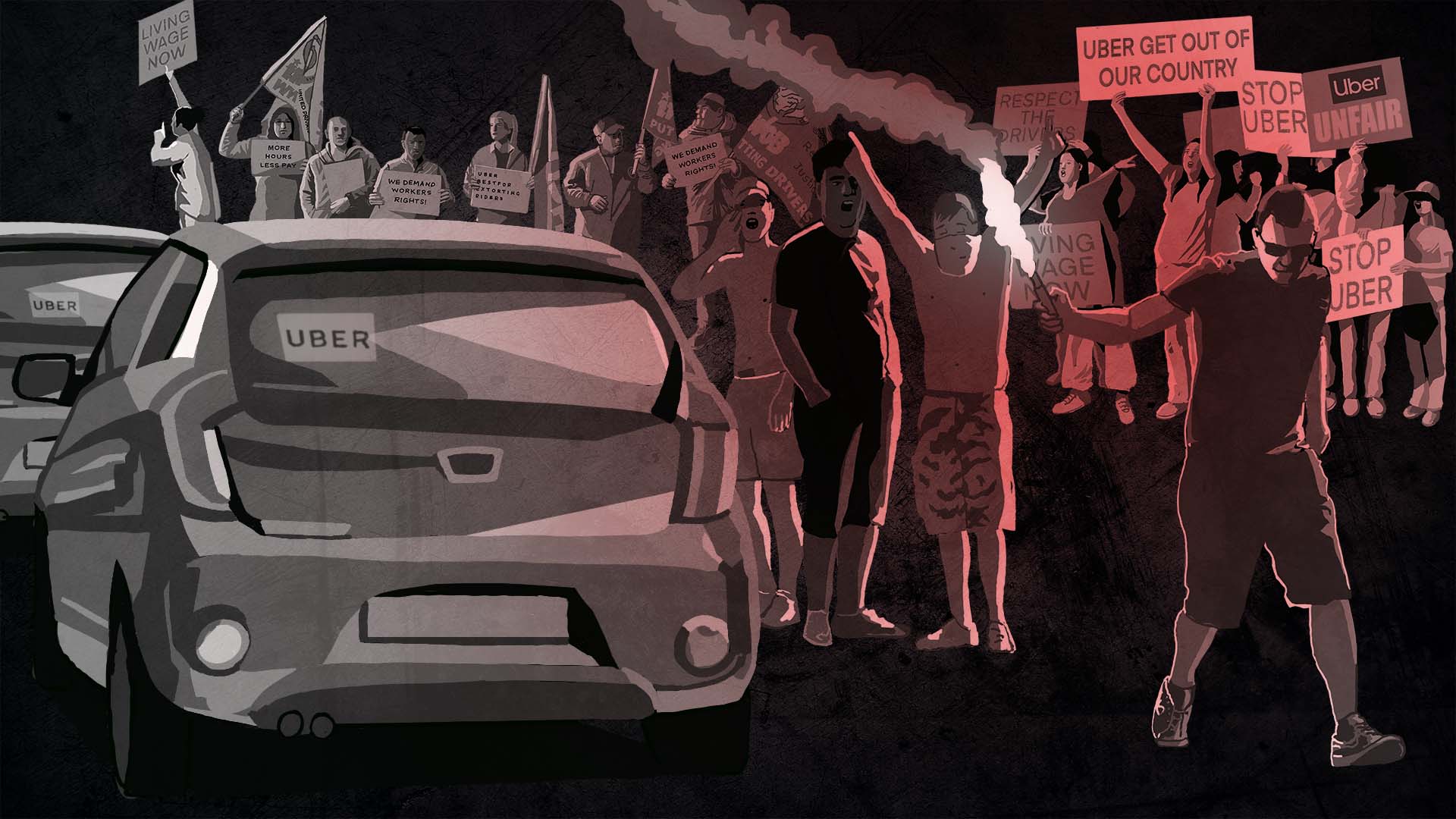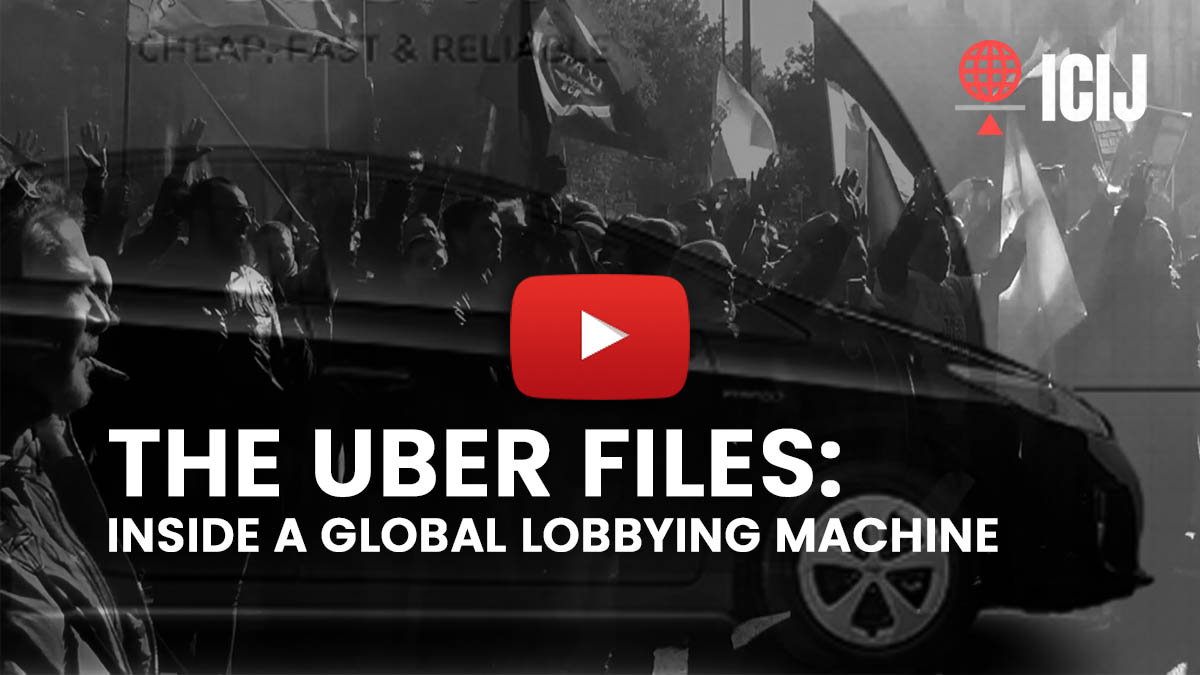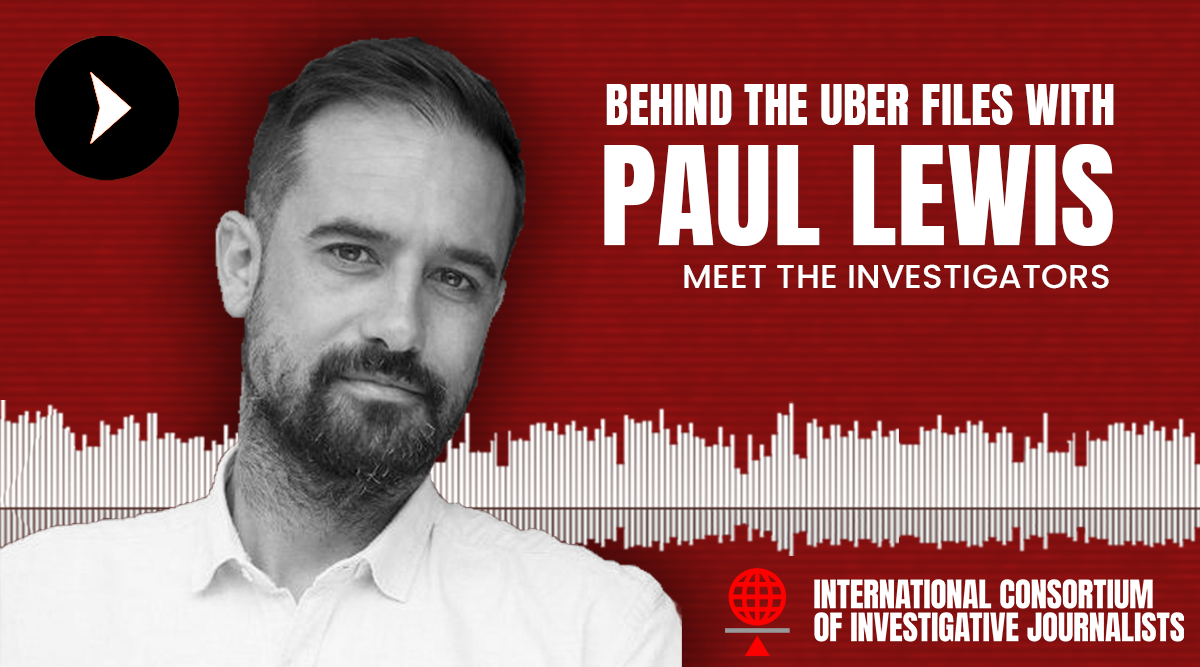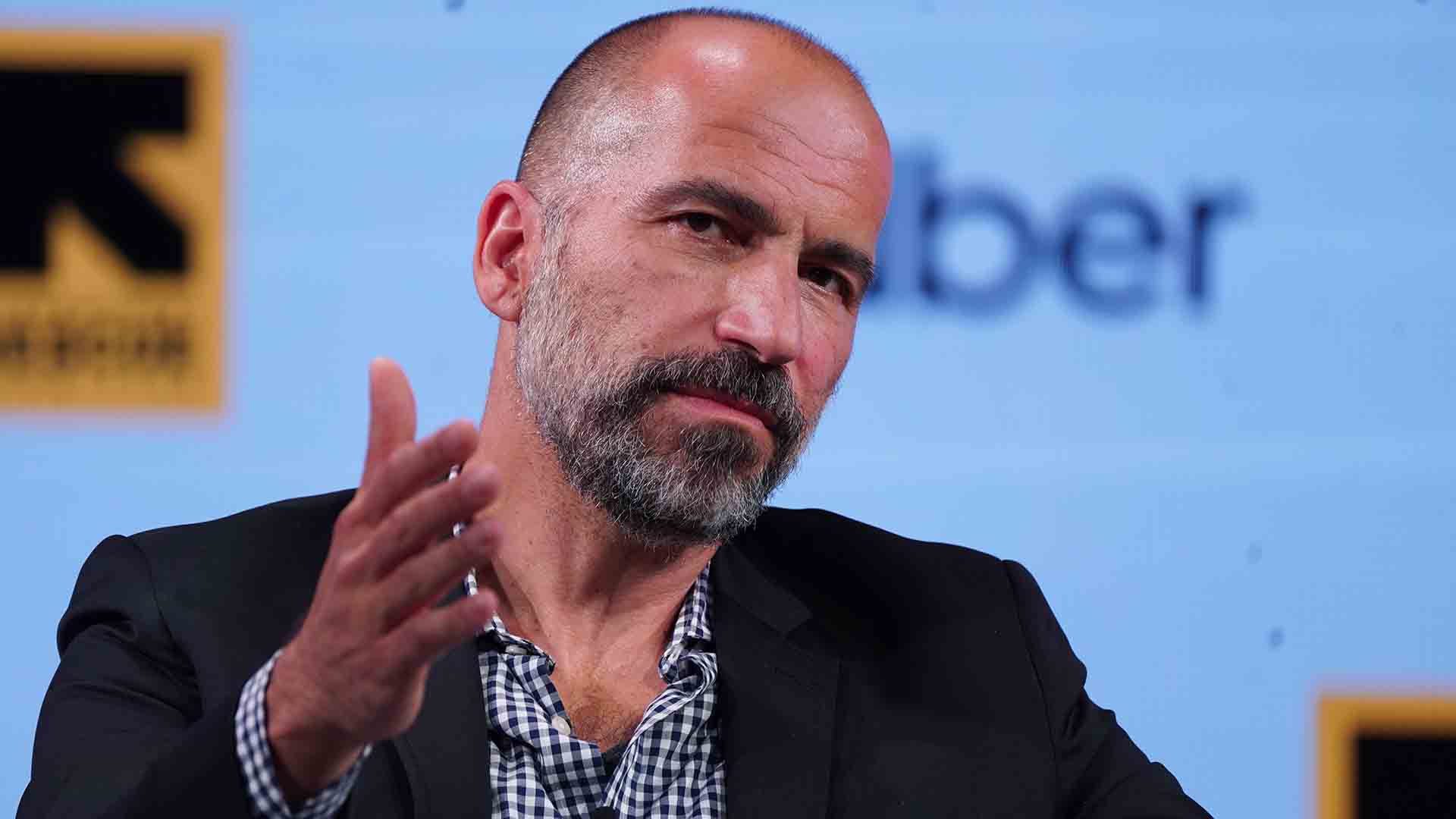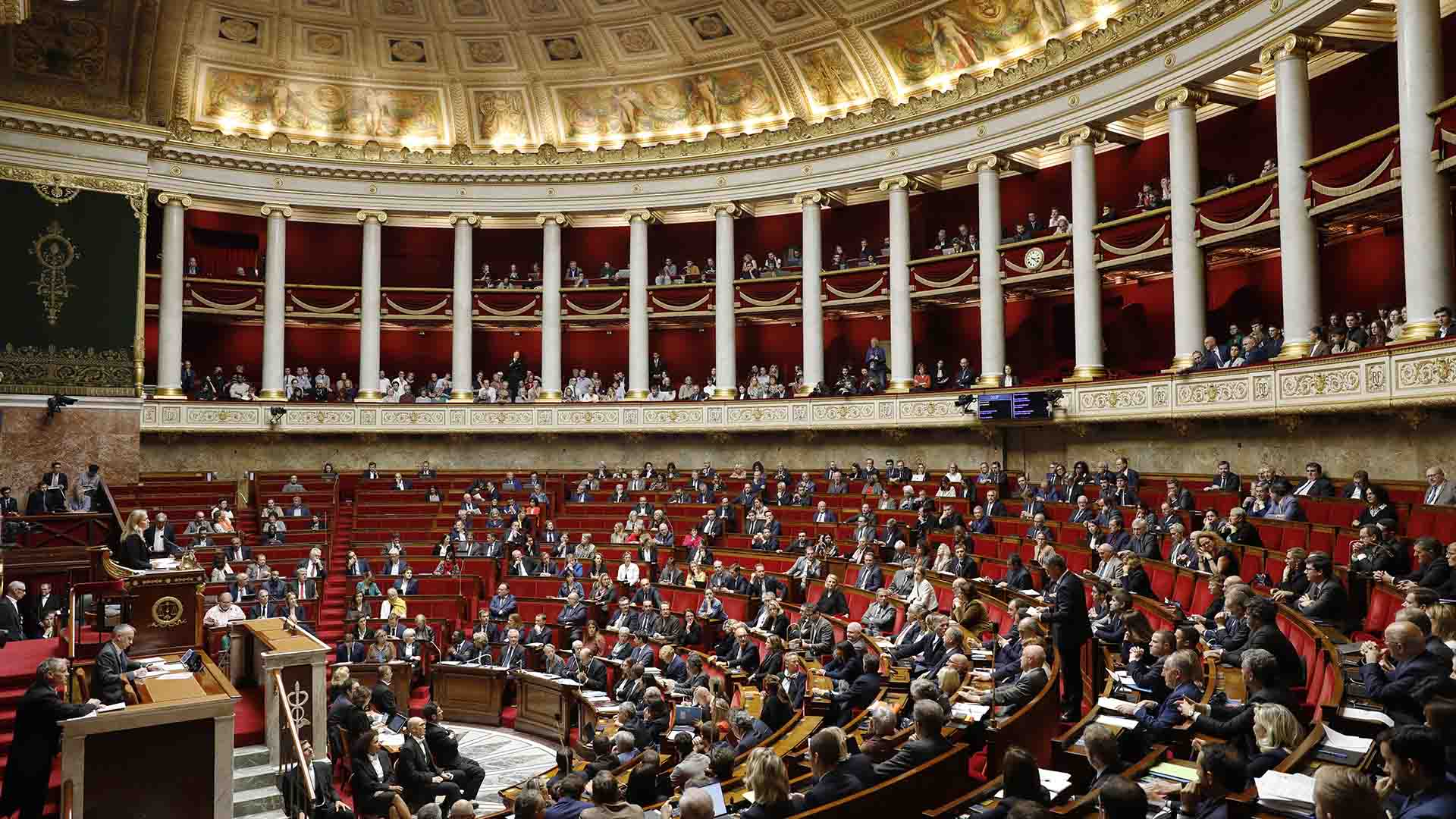The European Commission will “seek clarification” from former vice president Neelie Kroes about her lobbying for Uber, and French President Emmanuel Macron is facing pressure from parliament over his relationship with the ride-hailing giant, as fallout from the Uber Files exposé roils Europe.
Responding to the Uber Files on Monday, the European Commission said it would send Kroes a letter after revelations that she pressed Dutch political figures to intervene with local authorities then probing the rapidly-expanding company.
“We are of course now analyzing the various pieces of information that have been published,” European Commission spokesperson Balazs Ujvari said at a briefing. “What could happen afterwards of course very much depends on the analysis that we’ll be carrying out in the coming days and weeks.”
Kroes is not the only public figure exposed in the Uber Files now facing tough questions. French President Emmanuel Macron is facing calls for a parliamentary inquiry over his relationship with Uber, as the investigation details undisclosed meetings and communications he had with company executives while serving as economy minister.
Separately, the European Union’s chief ethics enforcer has called for stronger lobbying rules and tougher enforcement in response to the revelations about Kroes.
European Ombudsman Emily O’Reilly, who runs the independent body responsible for ethics enforcement for EU institutions, called the revelations “concerning” and denounced the “damage caused to the EU administration if ex-commissioners use their networks and profile to advantage the private sector and at times in clear conflict of interest situations.”
O’Reilly declined to comment on whether her office would investigate the Kroes affair, saying the matter might later come before her office.
“Brussels is the second lobbying capital of the world, and these types of tactics are widely used by large companies in Europe,” she said. “As Ombudsman, I have repeatedly emphasized the need for stronger lobbying and ethics laws in the EU.”
O’Reilly remarks, provided in written answers to questions from The Guardian, came a day after publication of the Uber Files, an investigation into the ride-hailing giant’s massive lobbying efforts from 2013 to 2017, a pivotal period in its global expansion.
The investigation is based on a cache of Uber emails, text messages, company presentations and other documents that was obtained by The Guardian and shared with the International Consortium of Investigative Journalists, which organized a global collaboration of more than 40 news organizations from 29 countries. On Monday, The Guardian revealed the source of the leak as former Uber lobbyist Mark MacGann.
The probe reveals intimate details about how the company won access to world leaders — including then-U.S. Vice President Joe Biden, then-French Economy Minister Emmanuel Macron, then-Israeli Prime Minister Benjamin Netanyahu, then-Irish Prime Minister Enda Kenny — and others, struck deals with Kremlin-linked businessmen; and used stealth technology to thwart local authorities during raids of Uber offices.
‘Tech’s crony capitalism’
The investigation found that about a year after leaving the commission in October 2014, Kroes asked to be allowed to join a paid Uber advisory board, despite an 18-month so-called cooling-off period in the commission’s code of conduct that forbids former commissioners from lobbying ex-colleagues. The commission turned down Kroes’ request and denied an appeal.
During the cooling-off period, Kroes, a former Dutch transportation minister, pressed a Dutch minister and other members of the government “to force regulator and police to back off” an investigation of Uber’s Amsterdam office, according to the leaked documents.
After the cooling-off period ended, Kroes joined Uber’s advisory board. Records show Uber offered her $200,000 to chair the board. Company executives discussed the risk of Kroes’s becoming “the poster child for the discussions around ‘revolving door/tech’s crony capitalism.’”
In her comments to the Guardian, Ombudsman O’Reilly said, “The rules do not cover lobbying of national politicians and this is of course problematic as national governments agree on all law agreed at the EU level.” Still, she added, the commission has enough authority and “should not hesitate” to bring a case “concerning the stopping a former Commissioner’s pension, if they are found to have breached their obligations.”
In a written statement to ICIJ, Kroes said, “Consistent with my ethical duties as a former European Commissioner, I did not have any formal nor informal role at Uber” before the end of the cooling-off period.
French opposition politicians are also calling for an investigation in response to the Uber Files. On Monday, Alain Vidalies, France’s former transport minister, called for a “state response” to revelations that Macron had many undisclosed contacts with the ride-hailing giant while both served under the Socialist government of François Hollande. ICIJ media partner Le Monde documented more than a dozen communications in the Uber Files — including emails, texts, meetings, calls — between Uber and Macron between September 2014 and February 2016.
“I knew that he was in favor of Uber,” Vidalies said in an interview with France Info. “I must admit that I didn’t know it had the magnitude revealed today. Whether this translates into lobbying or into a permanent movement of institutional influence in the service of an international company whose main rule is not to respect any rule, I must say that even I fall from the sky.”
When asked in an interview what surprised him most, Vidalies said, “It is to learn that he participated in quasi-secret meetings with the leaders, and that beyond lobbying, there is this connivance.”
Several politicians from both sides of French politics also called for answers in response to the Uber Files revelations. Aurélien Taché, a member of parliament for the left wing opposition coalition, called it “a state scandal,” according to the Guardian.
Macron’s office reportedly responded that he was “naturally” in contact with companies like Uber during his time as economy minister. The parliamentary leader of Macron’s centrist party said that Macron had simply been doing his job.
